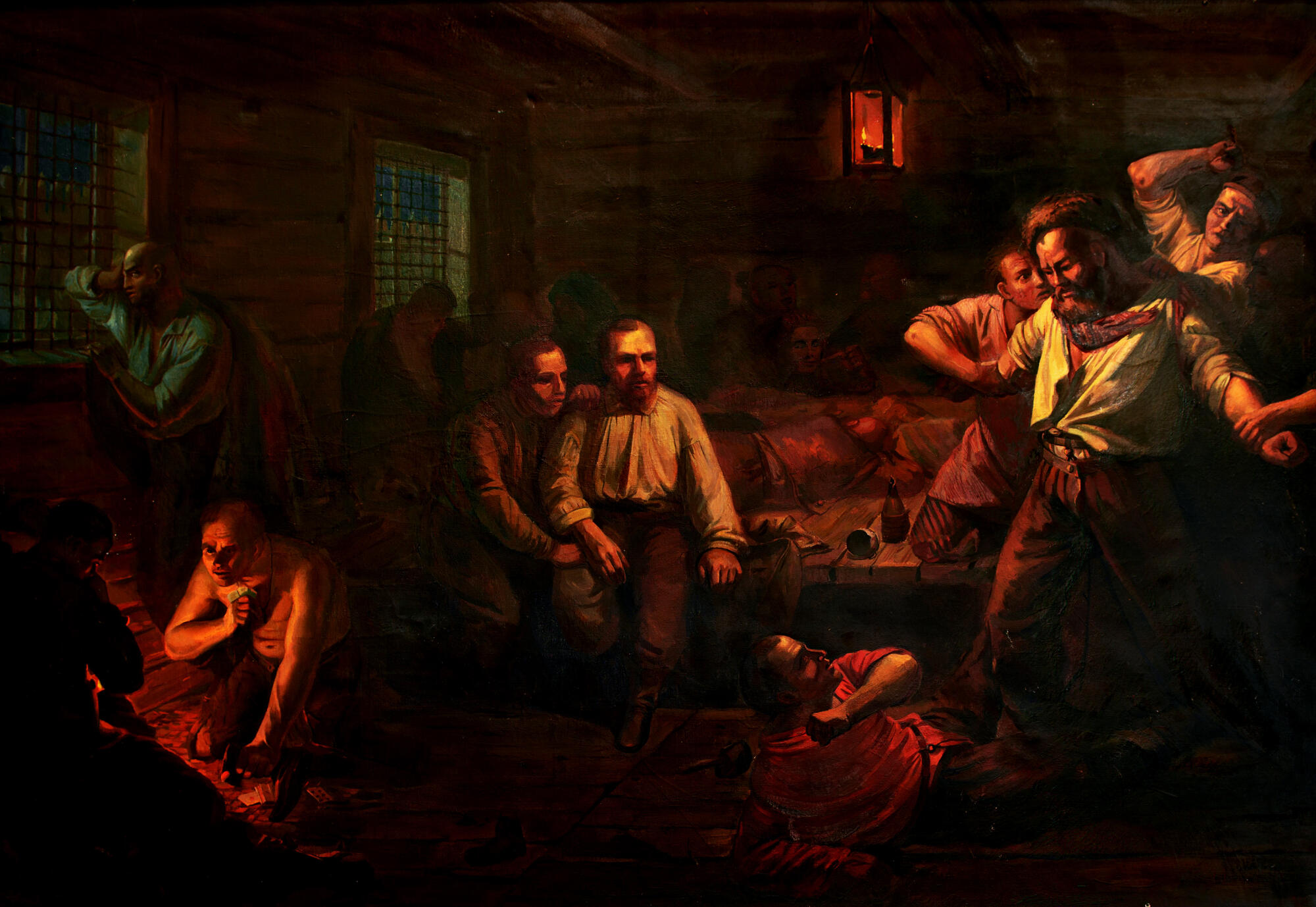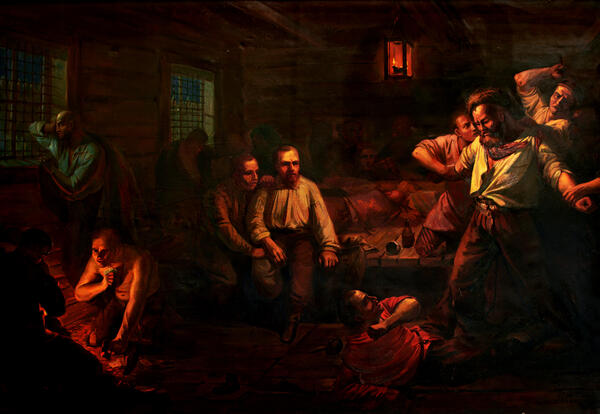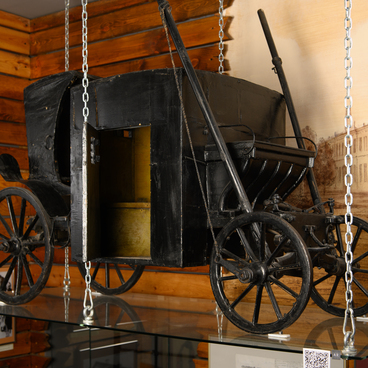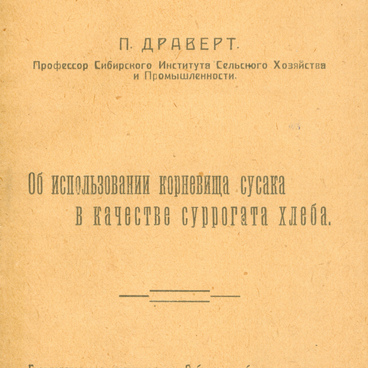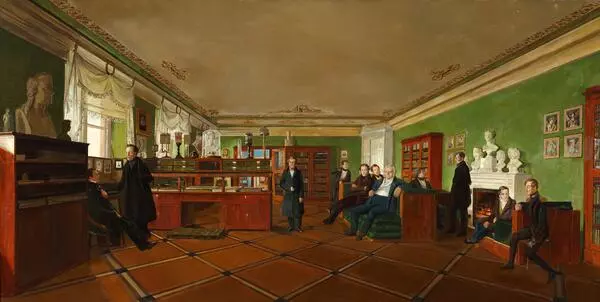The exhibition includes a 1981 copy of KonstantIn PomerAntsev’s painting Christmas in the House of the Dead by Boris Klabunovsky.
Konstantin Pomerantsev was a Russian and Soviet history painter and portraitist. His painting Christmas in the House of the Dead was the first official illustration for DostoEvsky’s novel. Pomerantsev apparently knew the text of the novel from newspaper and magazine publications and could hear excerpts from the book recited by the author. For the first time, the painting was presented to the public at an annual exhibition at the St. Petersburg Academy of Arts in 1862. The exhibition’s sign said, “No. 11. Konstantin Petrovich Pomerantsev. The Academy”s Student. Christmas in the House of the Dead. 400 r. ser…” The painting was stored in the Leningrad Museum of the Revolution for many years. In 1955, it was handed to the Moscow Dostoevsky Museum.
Here is a passage from the novel on Christmas, “Meanwhile it was getting dusk. Wearisomeness and general depression were making themselves felt through the drunkenness and the debauchery. The prisoner, who an hour beforehand was holding his sides with laughter, now sobbed in a corner, exceedingly drunk; others were fighting, or wandering in a tottering manner through the barracks, pale, very pale, and seeking who to pick an argument with. These poor people had wished to pass the great festival in the most joyous manner, but, gracious heaven, how painful the day was for all of them!
They had passed it in the vague hope of a happiness that was not to be realised. <…> Here two convicts were disputing as to which should treat the other. The dispute lasts a long time; they have almost come to blows. One of them has, for a long time past, had a grudge against the other. He complains, stammering as he does so, and tries to prove to his companion that he acted unjustly when, a year before, he sold a pelisse and concealed the money. There was more than this too. The complainant is a tall young fellow, with good muscular development, quiet, by no means stupid, but who, when he is drunk, wishes to make friends with every one, and to pour out his grief into their bosom. He insults his adversary with the intention of becoming reconciled to him later on. The other man, a big, massive person, with a round face, as cunning as a fox, had perhaps drunk more than his companion, but appeared only slightly intoxicated. This convict has character, and passes for a rich man; he has probably no interest in irritating his companion, and he accordingly leads him to one of the drink-sellers. The expansive friend declares that his companion owes him money, and that he is bound to stand him a drink “if he has any pretensions to be considered an honest man”.
